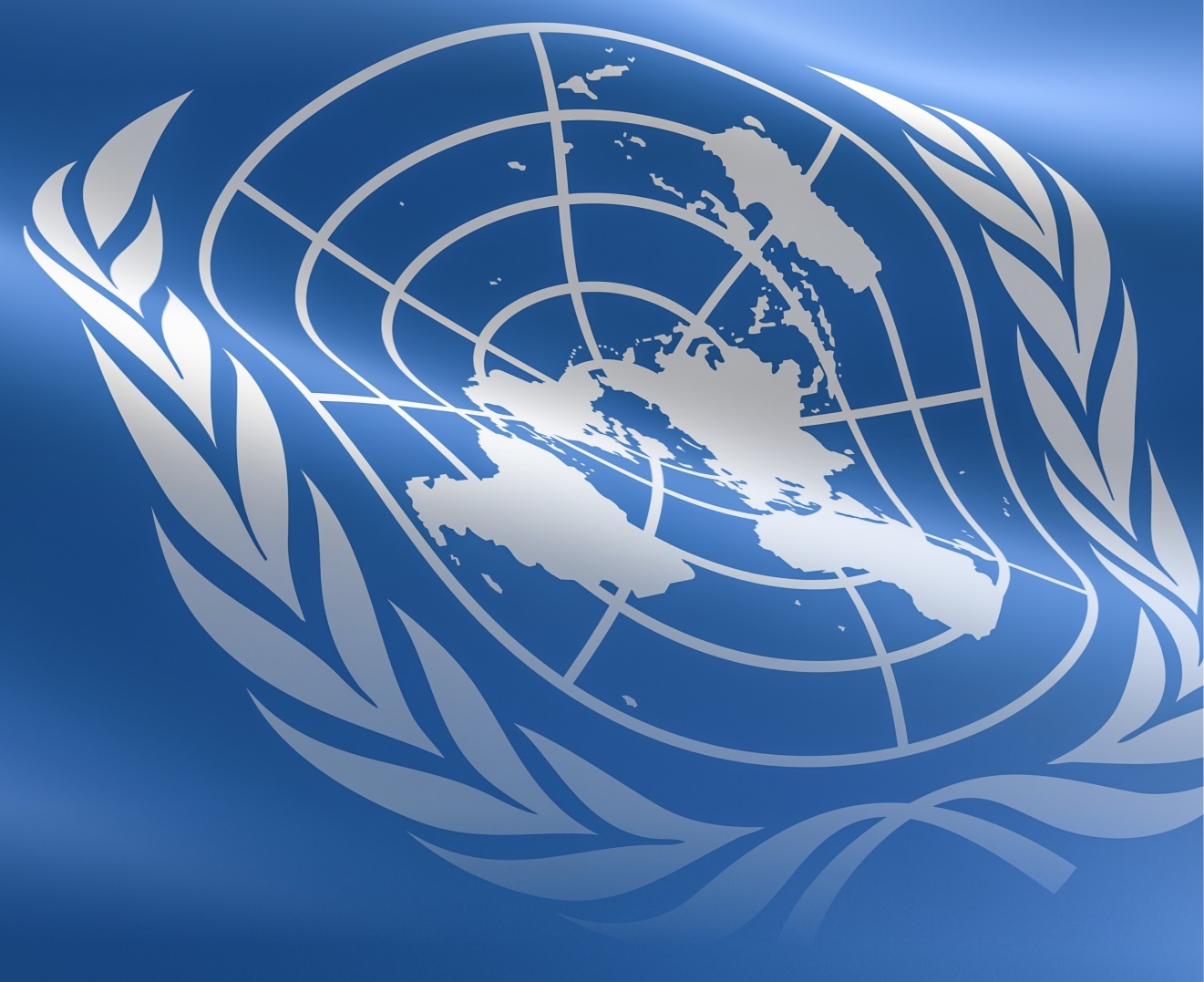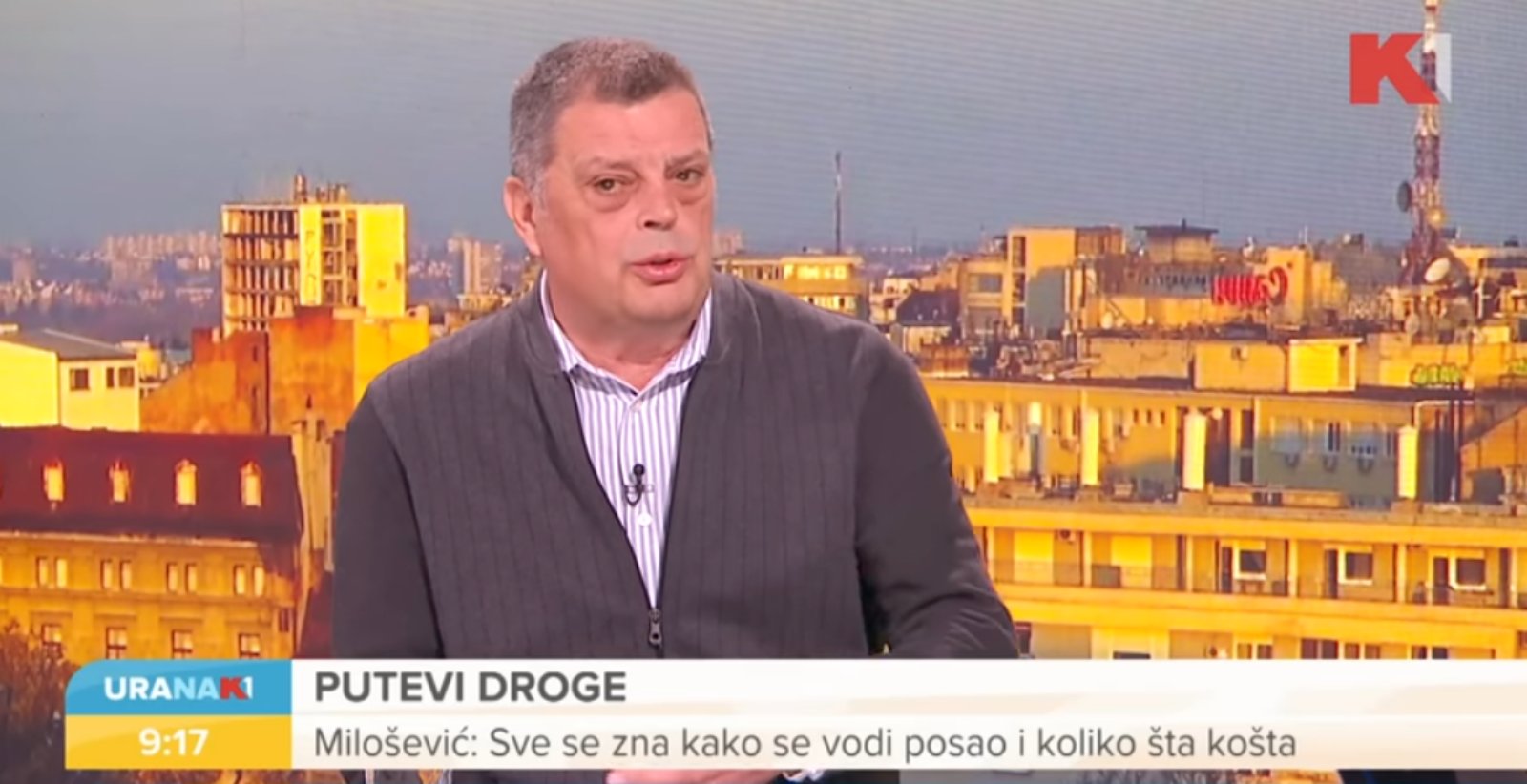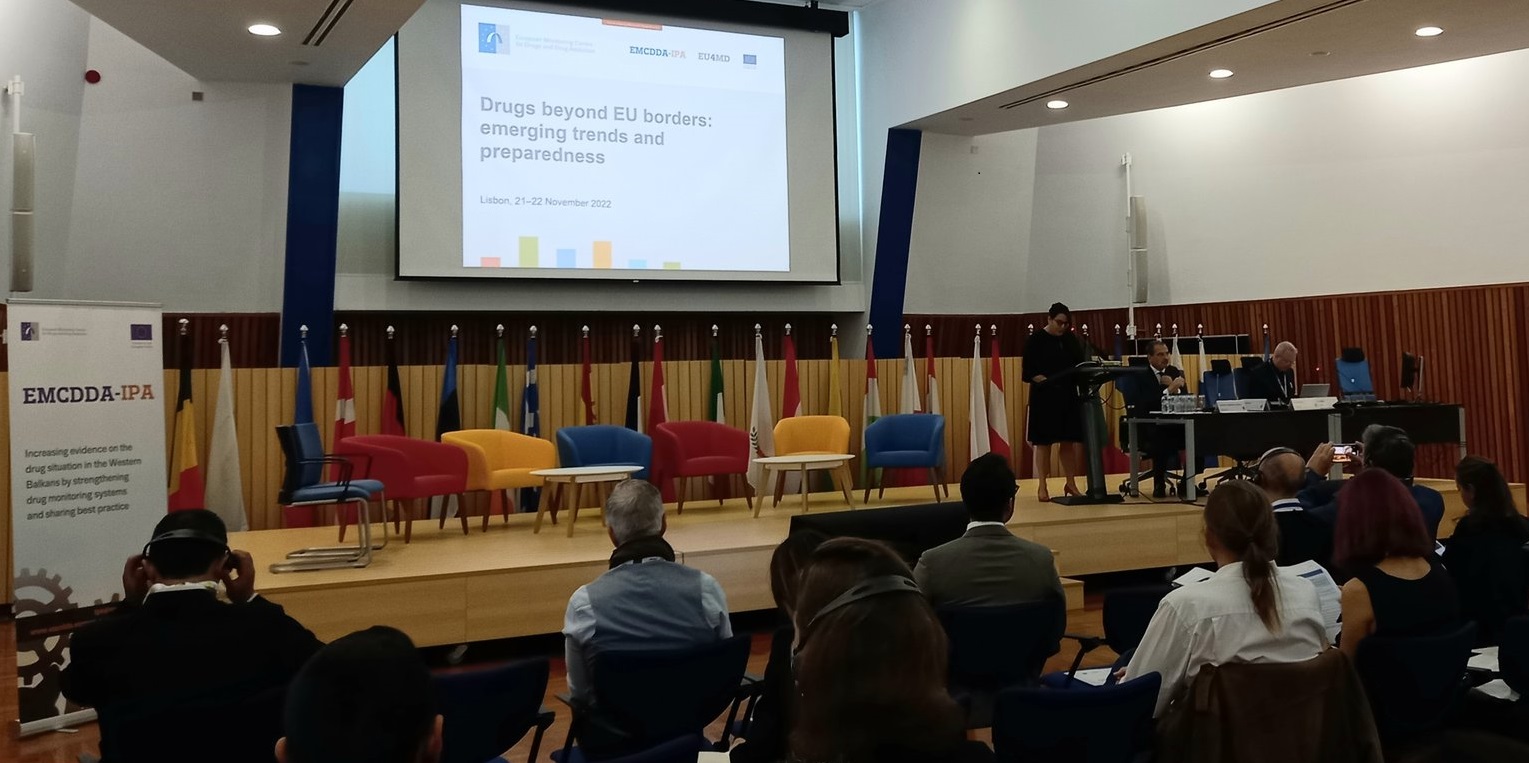The 66th session of the UN Commission on Narcotic Drugs (CND) was held between 13th and 17th March in hybrid format with much broader in-person participation than in the past two years. Chaired by the Colombian Ambassador Miguel Camino Ruiz Blanco, it was also the first ever CND session that was recorded on UN Web TV. Positively, a wide number of civil society organisations attended, with 135 NGOs registered, and more than 570 NGO participants following the debates both online and in person.
In a way, the CND was quiet and without many sparkles, but some statements indicate that the next one will be very intense.
As in previous years, the session was marked by ongoing clashes between more progressive member states, and those that continue to promote a war on drugs approach, resulting in new tensions and contradictions hampering the so-called ‘Vienna consensus’. This was clearly felt during the fractious negotiations of the 5 draft resolutions tabled for this CND session.
For the first time in recent history, the UN High Commissioner for Human Rights Volker Türk addressed the CND, which is an important historical development in itself. Recognising that ‘if drugs destroy lives, the same can also be true of drug policies’, Mr. Türk called for ‘transformative change’ in the global approach to drugs.
The call for change was explicitly echoed by Dr. Tlaleng Mofokeng, the UN Special Rapporteur on the right to health. After restating the known fact that criminalisation aggravates stigma and discrimination against people who use drugs, the Special Rapporteur urged States to ‘End prohibition, decriminalize drug use or the possession, purchase, or cultivation of drugs for personal use and other related activities; and introduce appropriate regulations’. Other clear and open challenges to the global drug control regime were voiced by Member States.

But if the 66th CND session witnessed some open challenges to the UN drug control regime, the status quo stroke back. At least 14 countries took the floor to express concern over the legal regulation of cannabis and the resulting contravention of the UN drug conventions. In contrast with
It was another record-breaking year for side events at this year’s CND, with 155 taking place in total, up 21 from last year. In contrast to last year, where side events remained entirely online, the 66th session saw the majority of its side events take place in-person or in a hybrid setting. Only 20 side events took place solely in an ‘online setting’, which meant that in-person attendance for events was extremely high, including from UN diplomats.
 DPNSEE President Nebojša Djurasović, Board Member Marios Atzemis, Executive Director Milutin Milošević and several other member organisations’ representatives participated in the event. For the first time, DPNSSE participated in the meeting in full capacity as an ECOSOC-accredited NGO.
DPNSEE President Nebojša Djurasović, Board Member Marios Atzemis, Executive Director Milutin Milošević and several other member organisations’ representatives participated in the event. For the first time, DPNSSE participated in the meeting in full capacity as an ECOSOC-accredited NGO.
In addition to very useful meetings with UNODC representatives, especially Ms. Fariba Soltani and Gorica Popović (including sharing about the implementation of the project for refugees from Ukraine) and colleagues from the Rome Consensus 2.0 (Marios spoke at their side event “A global call for deflection: as the new policy on policing and drugs”), Milutin participated in events organised by the EU Civil Society Forum on Drugs.

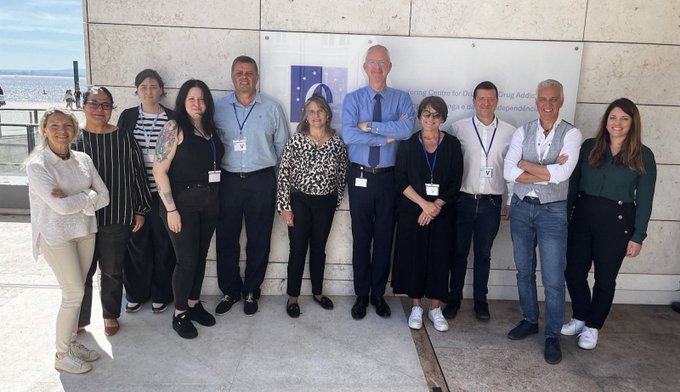
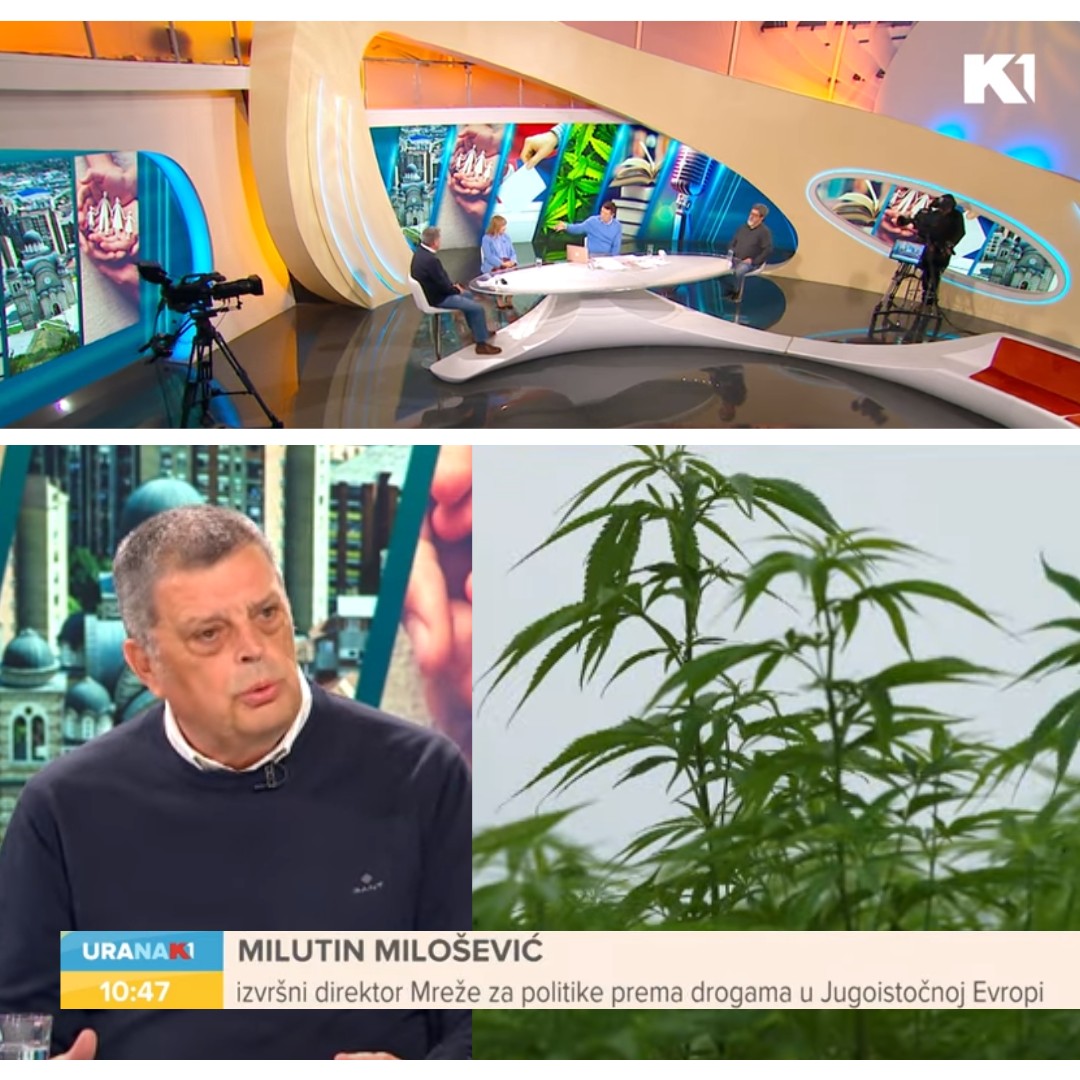
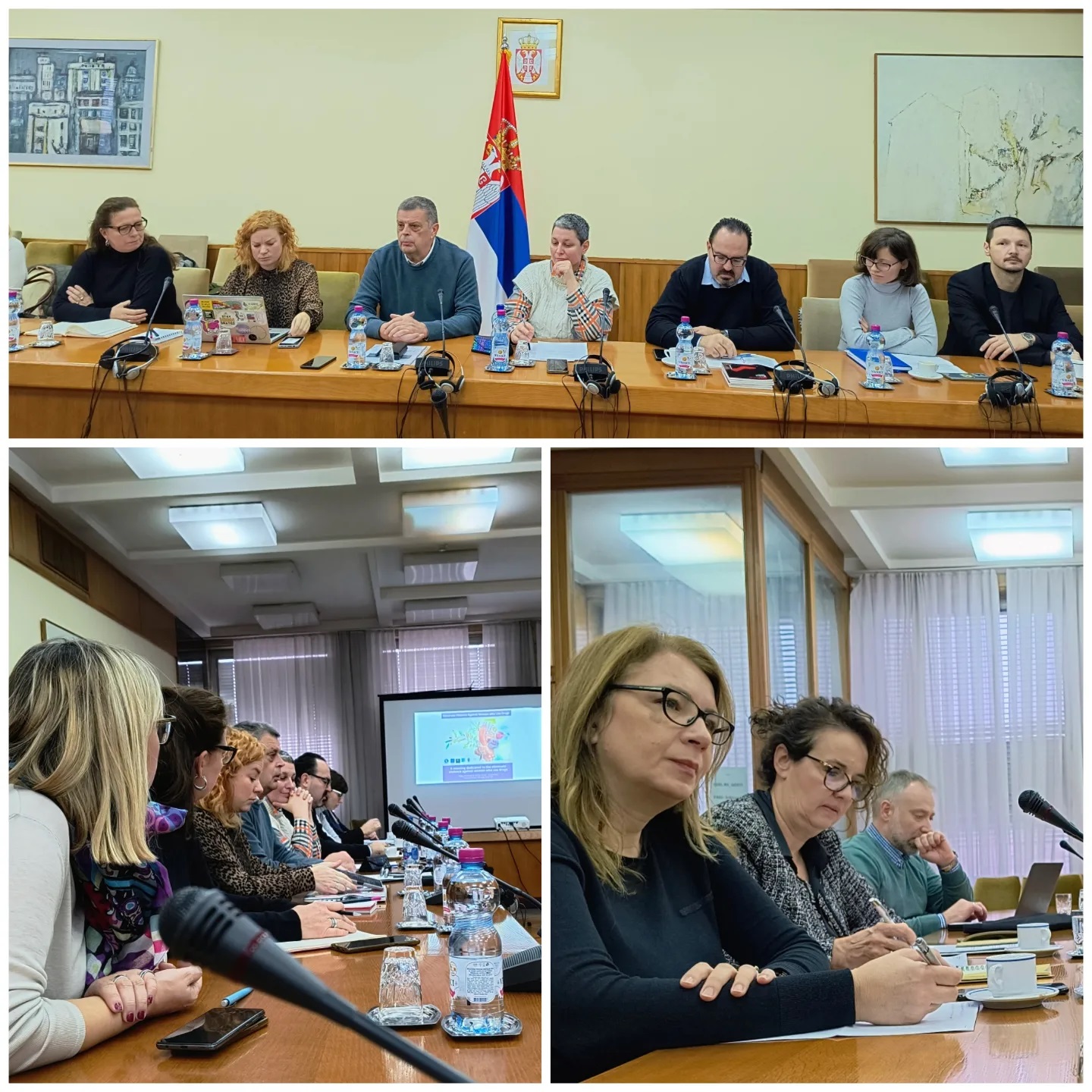
 Participants came from several intitutions, including ministries on human and minority rights and social dialogue and health, the Institute for Public Health and UNODC representatives for South East Europe, and civil society organisations.
Participants came from several intitutions, including ministries on human and minority rights and social dialogue and health, the Institute for Public Health and UNODC representatives for South East Europe, and civil society organisations.

 The program of the training was developed following the
The program of the training was developed following the 

 The Coalition
The Coalition 
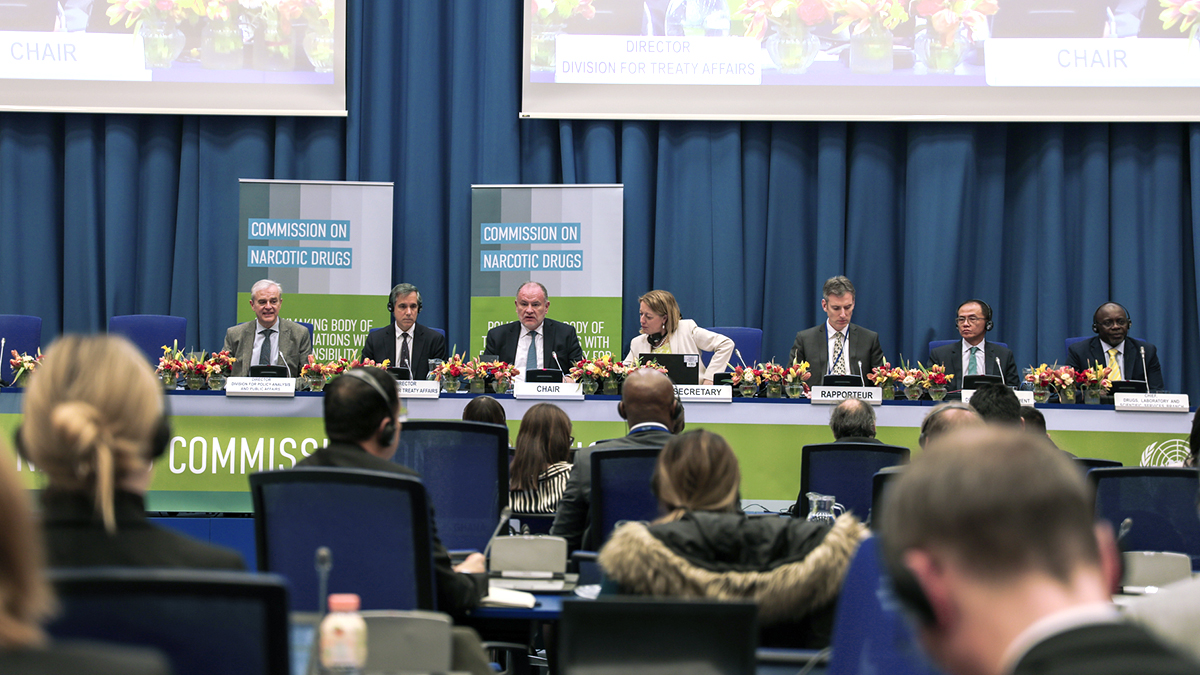

 DPNSEE President Nebojša Djurasović, Board Member Marios Atzemis, Executive Director Milutin Milošević and several other member organisations’ representatives participated in the event. For the first time, DPNSSE participated in the meeting in full capacity as an ECOSOC-accredited NGO.
DPNSEE President Nebojša Djurasović, Board Member Marios Atzemis, Executive Director Milutin Milošević and several other member organisations’ representatives participated in the event. For the first time, DPNSSE participated in the meeting in full capacity as an ECOSOC-accredited NGO.